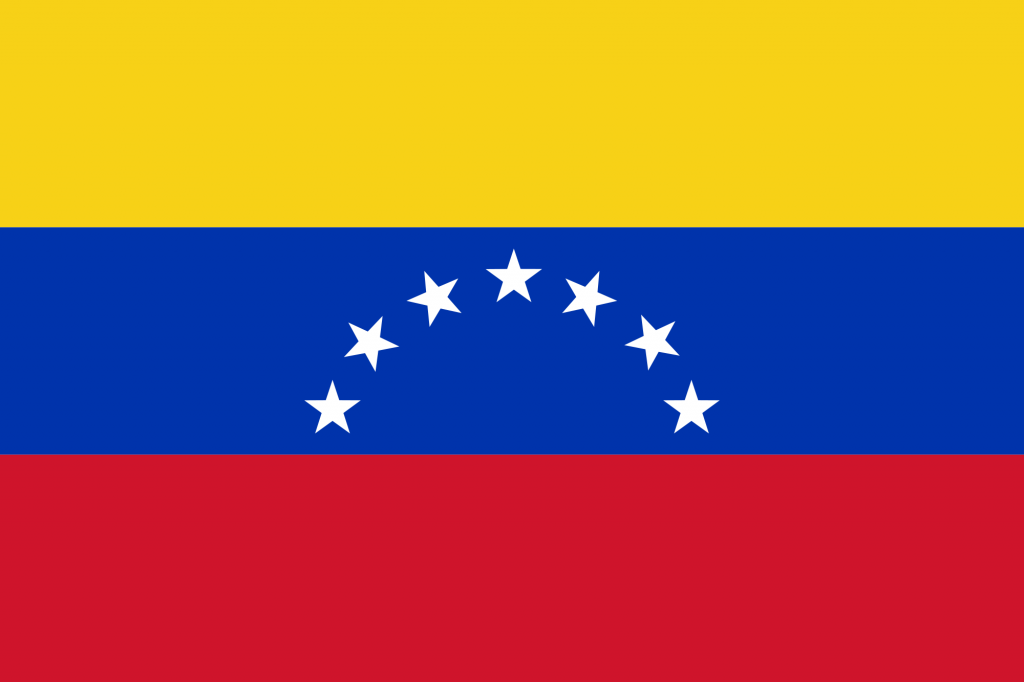
Venezuela’s opposition-controlled National Assembly is questioning the legality of a $500 million deal Rosneft OJSC made with the state oil company to increase its stake in a local oil venture.
The congressional oil commission agreed on Wednesday to reject any oil deal signed by the executive branch without approval from the National Assembly, according to a copy of the declaration provided to Bloomberg News by Milagros Paz, an opposition deputy. Their proposal must now go to the National Assembly for approval.
President Nicolas Maduro announced on Feb. 20 that Rosneft would pay cash-strapped Petroleos de Venezuela SA $500 million to increase ownership in the Petromonagas crude-processing joint venture to 40 percent from 16.7 percent.
A battle over the deal could deepen an institutional standoff between Congress and Maduro as they spar over economic and political policy.
The Supreme Court has denied previous congressional attempts to block Maduro’s executive powers.
“The deal is illegal because the government overstepped the National Assembly,” Paz said in an interview in Caracas.
The declaration cites Article 150 of the constitution that says contracts of national interest can’t be signed without approval from the National Assembly.
Press offices for PDVSA, as the Caracas-based company is known, and Rosneft declined to comment when contacted by Bloomberg. Venezuela’s Information Ministry and Oil Ministry also declined to comment.
Earlier last month, the Supreme Court overturned Congress’s second attempt to block special decree powers granted to Maduro that allow him to make economic decisions without approval from the National Assembly.
He says such powers are necessary to fight triple-digit inflation and the biggest economic contraction in more than a decade.
He’s also vowed not to sign an amnesty law passed by the National Assembly on March 29 that would free political prisoners.
The Petromonagas project in Venezuela’s Orinoco belt produces and upgrades more than 130,000 barrels a day of crude, according to Rosneft.
The Petromonagas upgrader prepares the oil to be processed in traditional refineries.
Warning Creditors
While the pro-government Supreme Court will likely overturn any initiatives from the National Assembly, opposition legislators want to bring the deal’s long-term validity into question should the government eventually change, Juan Carlos Apitz, a former Supreme Court justice and professor at the Central University of Venezuela in Caracas, said in an interview.
“While the Assembly doesn’t currently have the legal power to void these agreements, what they can do is say that these contracts, in the long-term, when the political panorama changes, won’t be binding,” Apitz said.
“The legitimacy will be in question.”
On March 1, National Assembly President Henry Ramos Allup said in a Twitter post that Congress may declare invalid any financing deals signed by Maduro — the late Hugo Chavez’s handpicked successor — when he’s no longer president.
“Warning to foreign creditors: contracts in the national interest signed by the Chavista government without approval by the National Assembly will be null and void,” said Allup, who has 806,000 Twitter followers.